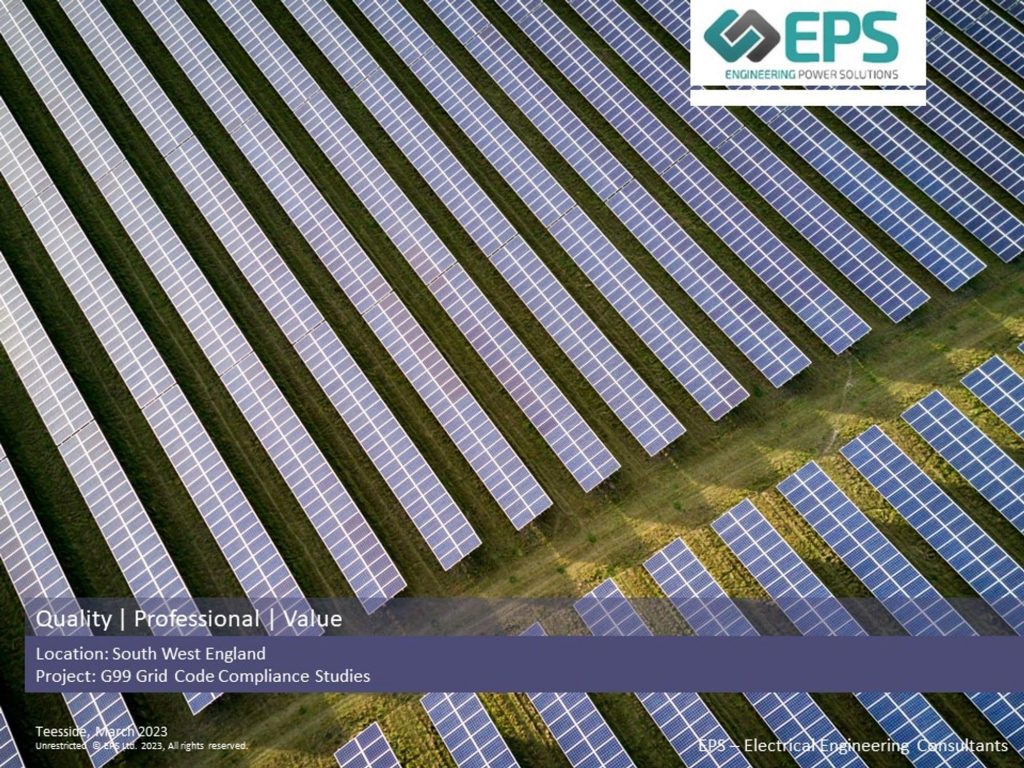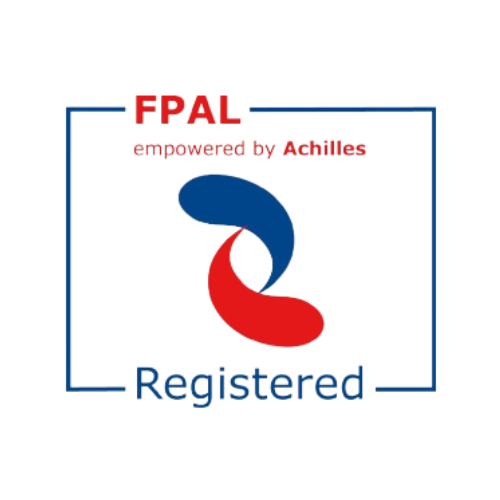The G99 grid code was introduced in the UK in April 2019 in response to the growing number of renewable energy sources being connected to the National Grid, superseding the previous G59 grid code. These independently managed sources, such as wind and solar energy devices, can be variable and unpredictable, making it difficult to maintain a stable grid.

The G99 grid code helps to address this issue by laying down strict standards for how these sources can be connected to the grid. In particular, G99 requires that all connected devices and renewable energy sources demonstrate a high level of controllability. They are also required to be able to ride through faults without causing damage.
By ensuring that renewable energy sources meet these standards, the G99 grid code aims to safeguard the consistency and stability of the public mains electricity supply, and ultimately benefit all users.
How Does the G99 Grid Code Affect My Project?
All new power generation or storage plants built after April 2019 that run parallel to the National Grid, and any new electrical network design work carried out on older systems, must demonstrate G99 compliance.
G99 compliance is classified into four categories based on the size and kind of generation capacity, as well as the application’s high or low voltage. For each type, G99 compliance requires that the generating unit is capable of providing a good quality supply and connecting with the network or other sources in a safe manner.
- Type A (0.8kW or above) minimum frequency deviation: Islanded; within 0.2Hz, Networked; within 0.1Hz
- Type B (1MW or above) minimum frequency deviation: Islanded; within 0.3Hz, Networked; within 0.2Hz
- Type C (10 MW or above) minimum frequency deviation: Islanded; within 0.4Hz, Networked; within 0.3Hz
- Type D (50MW or above) minimum frequency deviation: Islanded; within 0.5Hz, Networked; within 0.4Hz
Generators must also comply with other requirements such as voltage control and ramp rate limits as specified by the G99 grid codes.
Why is G99 Compliance Important?
Generators are required to comply with G99 requirements, as this ensures that the electricity grid is well maintained and operated safely – minimising the risk of blackouts, overloads, and power fluctuations. Power system operators must take all steps necessary to achieve G99 grid code compliance and be able to demonstrate their compliance with a clear audit trail and chain of accountability. Failure to comply may lead to legal action being taken against them by the relevant regulatory authorities. Non-compliance also increases the risk of potential harm and disruption to other applications or consumers, as well as limiting power generation capacity.
Find Out More
EPS provides technical and product solutions to large and complex projects with a range of services including G99 Grid Connection Studies and G99 Grid Code Compliance Studies. To find out more, please contact one of our engineers.










